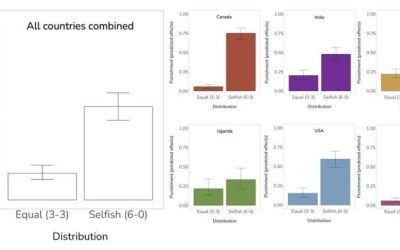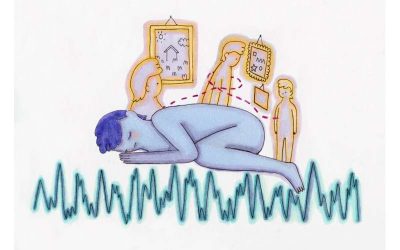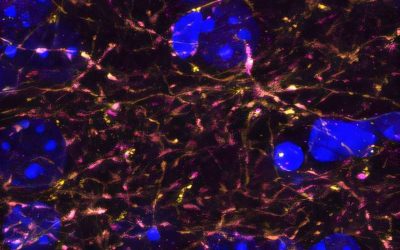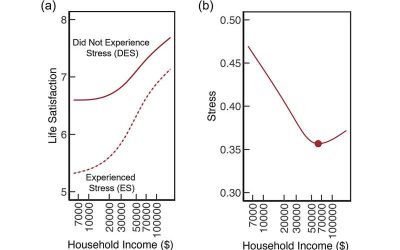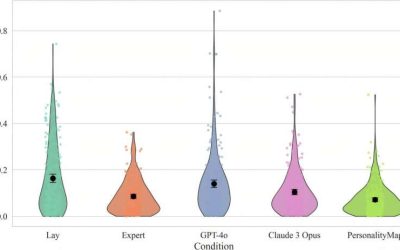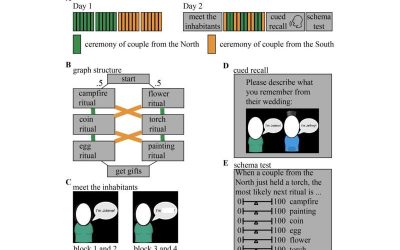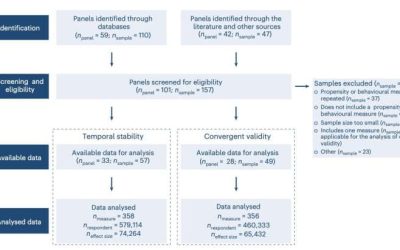Studies exploring the extent to which people are prone to "punishing" the selfish behavior of others can offer insight into their societal values, such as the importance they attribute to equality and fairness norms. Past findings suggest that there is great variation...
Psychology & Psychiatry
Study shows that some voices are more memorable than others, irrespective of who is listening to them
The term "memorability" refers to the likelihood that a particular stimulus, such as an object, face or sound, will be remembered by those exposed to it. Over the past few years, some psychology studies have been exploring the extent to which some stimuli are...
Sleep supports people’s ability to remember sequences of real-world experiences, immersive art tour experiment shows
Sleep is known to contribute to the healthy functioning of the brain and the consolidation of memories. Past psychology research specifically highlighted its role in retaining episodic memories, which are memories of specific events or experiences.
No evidence of decision fatigue found among nurses
Difficult decisions, such as those made by health care professionals every day, can be stressful and mentally demanding. Some past psychology studies suggest that making these hard decisions can adversely impact people's ability to make subsequent decision-making, a...
Study uncovers developmentally distinct neural architectures controlling avoidant behaviors
Over the course of their lives, humans and other animals typically learn to avoid situations and stimuli that are dangerous or are perceived as threatening. Past neuroscience studies have gathered evidence suggesting that the medial prefrontal cortex (mPFC), a brain...
Higher income is linked to both greater life satisfaction and more stress, study finds
For decades, psychologists and social scientists have been trying to understand what contributes to people's mental health, happiness and overall feeling of well-being. Their efforts have already helped to design numerous social and therapeutic interventions aimed at...
AI could be better than humans at predicting correlations between answers to personality test questions
Artificial intelligence (AI)-based models have proved to be promising tools for predicting some data trends and future outcomes with good accuracy. These models' ability to make predictions by analyzing data can be particularly valuable for research, for instance,...
Encoding study reveals how the brain uses past experiences to predict the unfolding of similar events over time
The human brain continuously processes the wide range of information it acquires from the outside world. Over time, this information is organized into mental representations, referred to as "schema," which help us to understand what is happening at a given time and...
People’s spontaneous thought patterns fall into four main clusters, study finds
Thoughts that arise spontaneously when humans are not deliberately trying to think of something are known to play a key role in decision-making and various cognitive functions, as well as in some mental health disorders. In fact, psychology studies suggest that...
Exploring the stability of risk preference: Meta-analysis reveals discrepancies in how it’s measured
Past psychology research suggests that some people are more prone than others to take risks in uncertain situations, such as investing money in risky business ventures, consuming addictive substances or leaving a secure job without any sure alternative prospects. Over...

